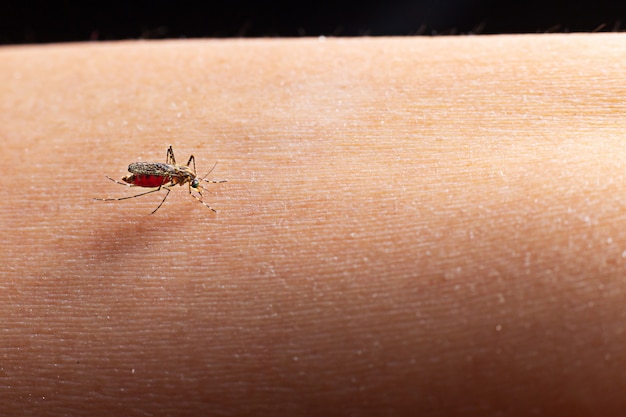

9% of Dogs in Texas Carry Kissing Bug Disease
What is Kissing Bug Disease?
Have you ever heard of Kissing Bug Disease? Officially known as Chagas Disease, it’s transmitted by nocturnal insects called Kissing Bugs. While initially prevalent in Central America, Mexico, and South America, it’s now making a mark in Texas, particularly among dogs.
How is Chagas Disease Spread?
Chagas Disease is caused by the parasite Trypanosoma cruzi (T. cruzi). This tropical disease affects around 8 million people in Mexico, Central, and South America. The most common way it spreads is through the feces of an infected Kissing Bug, which bites people, sucks their blood, and leaves behind feces that can enter the skin.
Other transmission methods include:
– Organ transplantation
– Blood transfusion
– Mother-to-baby transmission
– Eating uncooked contaminated food
Although the disease is spreading in the southern U.S., the likelihood of getting it directly from your dog is very low.
U.S. Infection Rates
In the United States, it’s estimated that between 300,000 and 1 million people are infected, mostly from exposure in Latin America. Both humans and dogs can catch the disease.
Symptoms of Chagas Disease
Chagas Disease symptoms can vary widely. Some people and dogs show no symptoms, while others suffer from acute myocarditis, sudden death, or chronic cardiac issues. There is currently no vaccine or FDA-approved treatment available in the U.S. The existing treatments are generally only effective in the early stages and are often poorly tolerated.
Since tracking began in 2013, Texas has reported only 19 human cases.
The Disease Among Dogs
Researchers have found evidence that Chagas Disease is spreading in Texas and New Orleans. A study by Texas A&M tested 205 shelter dogs across the state, and 9% tested positive. While the study focused on shelter dogs, it’s believed that the disease is common among all dogs in Texas.
Risks to Humans
The chances of a dog transmitting the parasite to a human are extremely low. For this to happen, a Kissing Bug would have to bite an infected dog and then quickly bite a human afterward. Shelter dogs, despite being more exposed, do not pose a direct risk to humans.
Preventive Measures
If your dog is bitten by a Kissing Bug, the risk of it carrying the Chagas-causing parasite is quite high. Texas houses seven species of these bugs, known as Triatoma. To reduce the risk, keep your dog indoors or in a secure outdoor kennel.
Dogs at Higher Risk
Stray dogs arriving at shelters are particularly susceptible due to their time spent outdoors, increasing their exposure to vector-borne pathogens. However, since Kissing Bugs are mostly found in southern and central Texas, the disease remains relatively rare in the U.S.
While it’s good to be aware of this emerging health risk, there’s no need to panic. Just take sensible precautions to protect your dogs and yourself.





